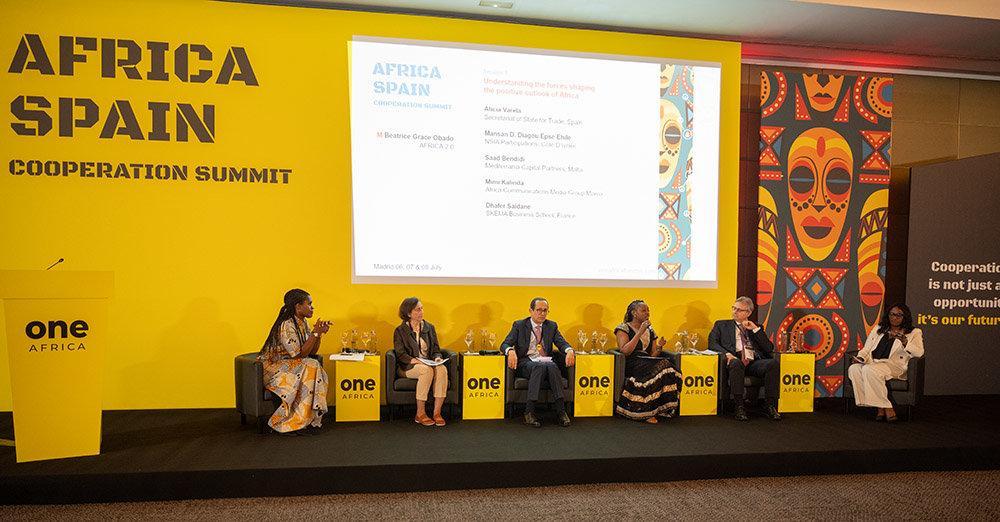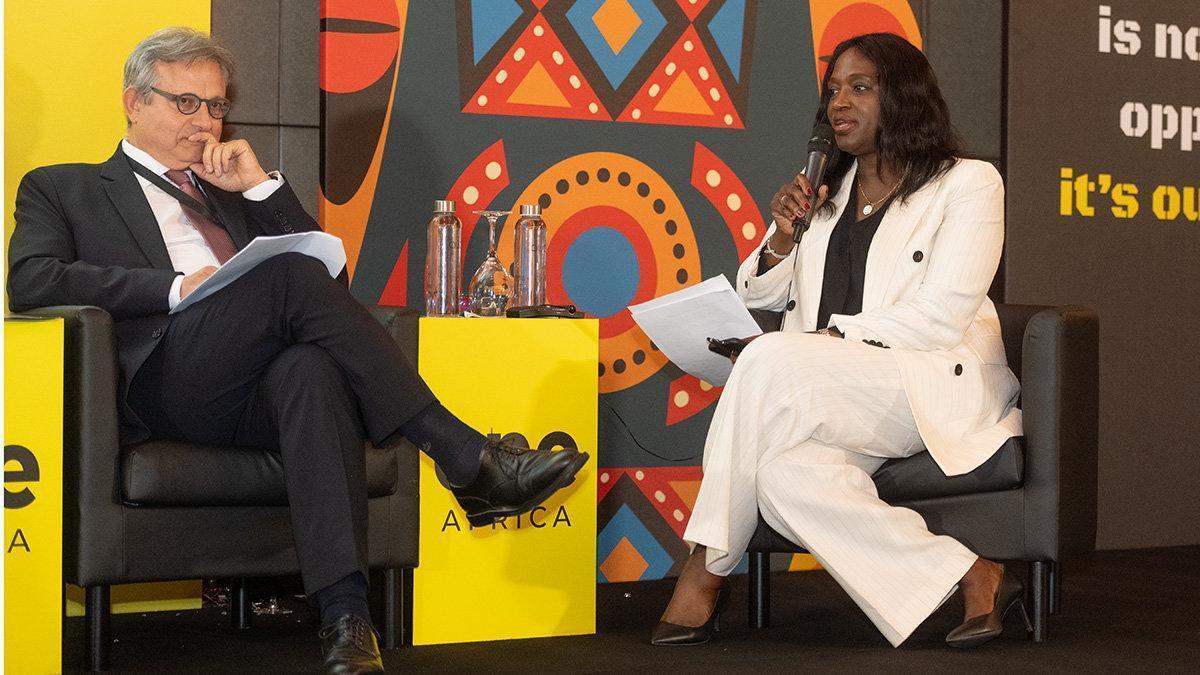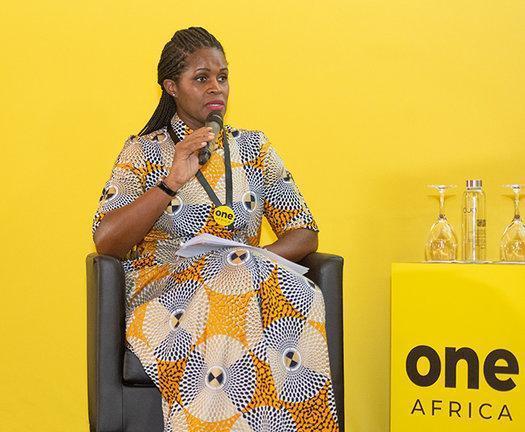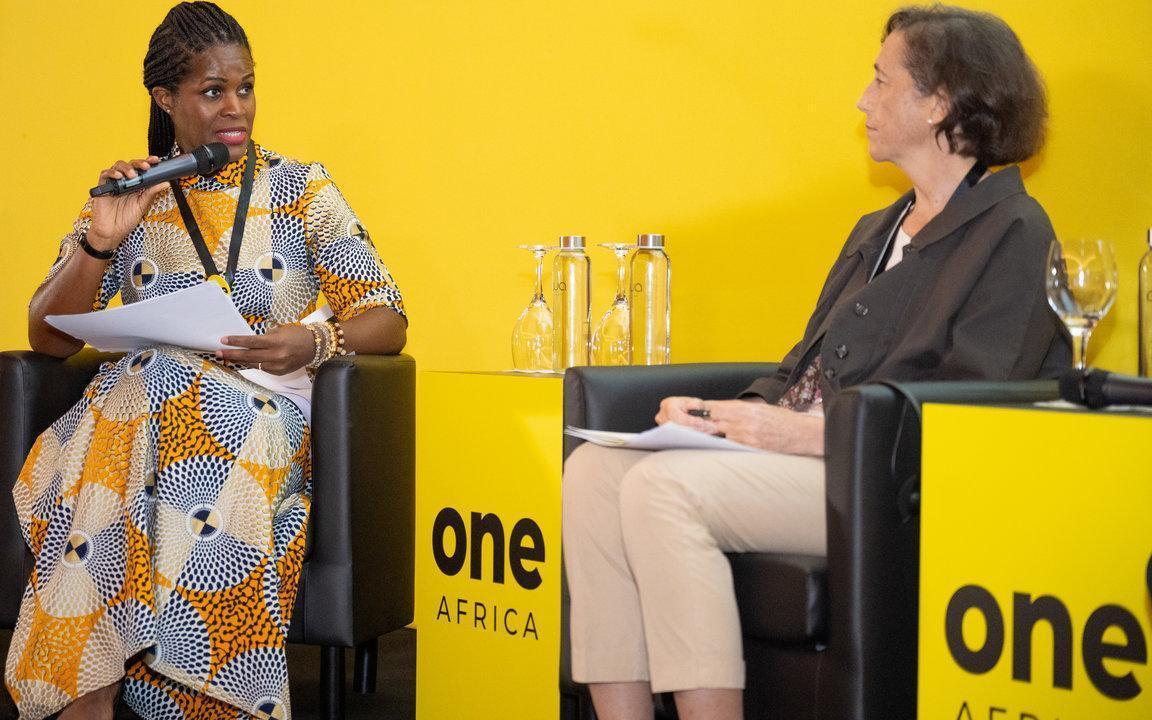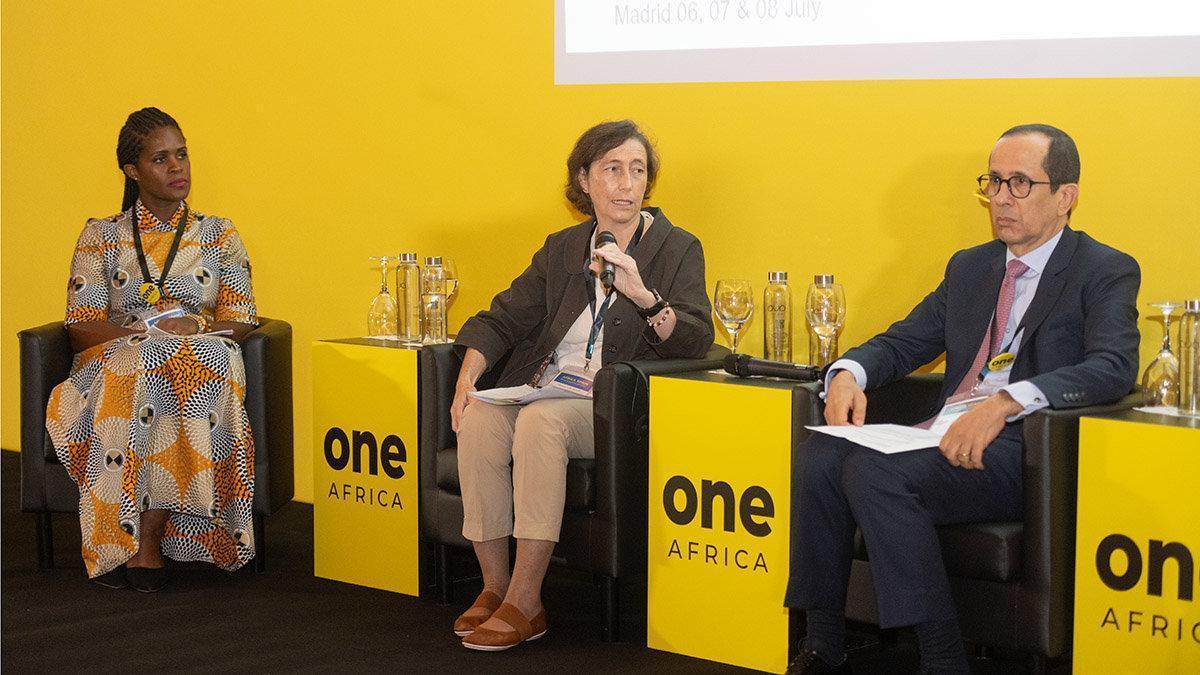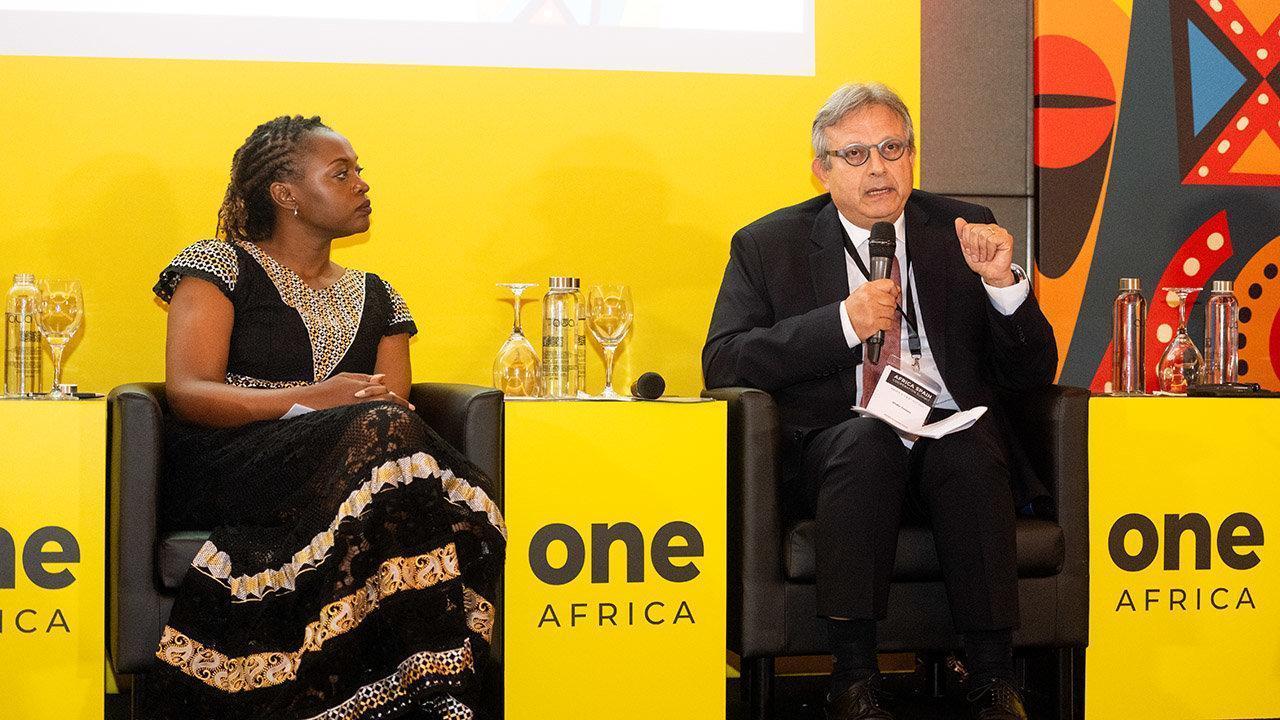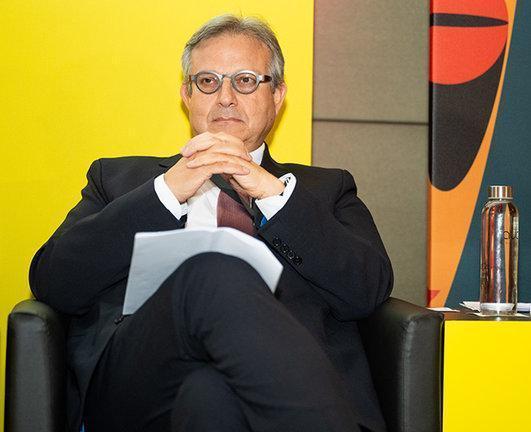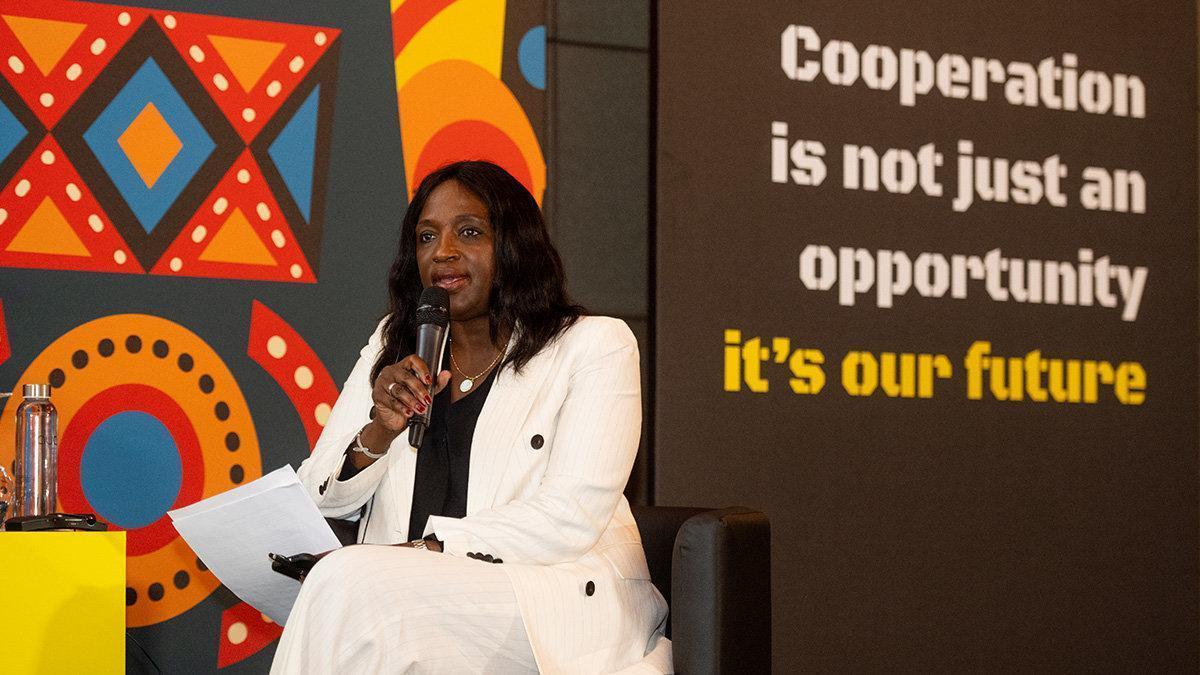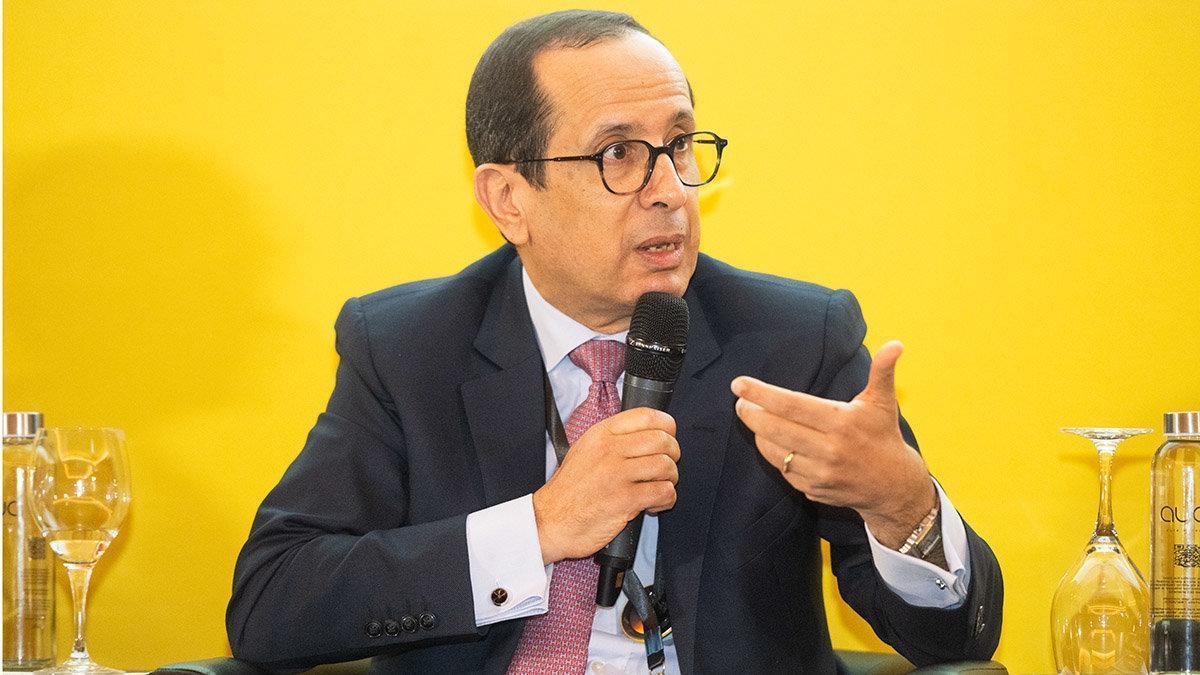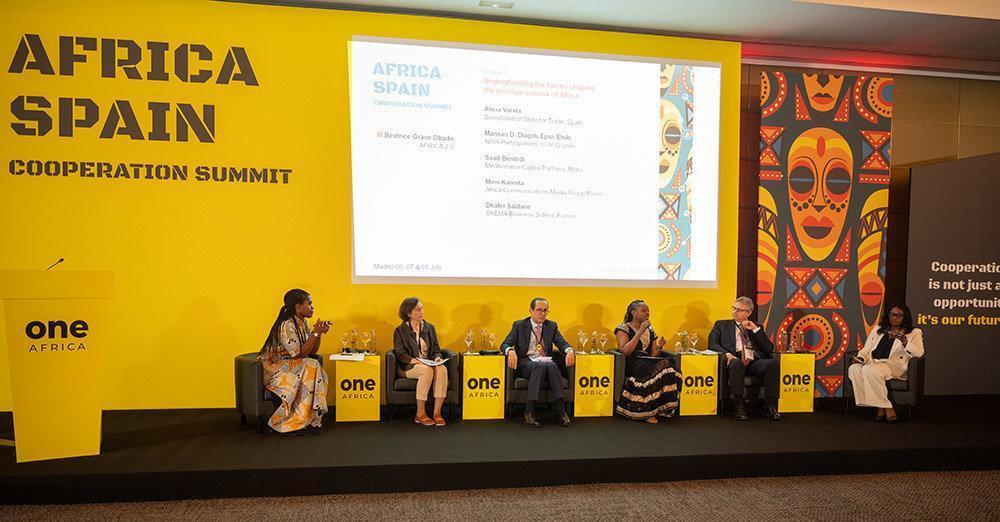Africa-Press – South-Sudan. African states seek to expand their alliances and relations because “cooperation is not just an opportunity, it is our future”
It is generally agreed that Africa is the world’s last frontier for growth and the continent of the future. Africa is now open to expand its horizons beyond its traditional partners thanks to a wealth of opportunities, including young, creative and energetic populations, unprecedented growth potential and an exponentially growing middle class.
Spain has adopted an ambitious strategic framework for its foreign policy ‘in and with Africa’ at a time when other powers have taken a step backwards by partially withdrawing from the continent. The first version of Spain’s foreign policy, Africa Forum 2023, is organised around five strategic objectives: institutional cooperation, security, sustainable development and growth for the benefit of all people.To address the challenges facing the continent, such as economic development, decarbonisation, the fight against poverty, women’s empowerment, migration management, peace and economic development, as well as the promotion of good governance, Spain has focused its attention on the African continent. As a result, Spain has been presented with a great opportunity to contribute significantly to African industries that are in high demand for infrastructure, social services, information and technology.
Understanding the forces shaping Africa’s positive prospects
Mansan D. Diagou Epse Ehlie, CEO of Group Deputy NSIA Participations in Côte d’Ivoire, began by asking: Is enough being done to bring Africa into European cooperation and investment? Africa has what it takes to be the future of the world. The African continent has sustainable growth with countries whose growth rate is higher than the world average thanks to foreign investment and diversification of the economy. Africa’s economy will grow at 4% compared to 3.2% in the rest of the world in terms of GDP. Gold, bauxite and cobalt are the main attractions of European countries that serve to create the technology of the future.
More than 400 million young people, rapid organisation with high urban migration, in Africa this generates varied markets and stimulates growth. The more than 1.4 billion Africans want access to European technology. Since the 1960s, efforts have been made to improve the continent’s economic and social situation. The creation of a single African currency is eagerly awaited.
Alicia Varela, Director of Business and Investment at the national trade secretariat in Spain urged that relations with Africa help to see Africa’s profile in investment. Spain is a strategic partner because of the geographical situation. It is a promising step that will bring a lot of investment for integration that is backed by the EU to harmonise tariffs and regulation with respect to certificates so that companies see and interest to invest in Africa because they can reach any country.It is an ambitious project.
Africa can achieve it and it will become a fundamental pillar of investment. Spain believes in cooperation through business and economic and business alliances.Exports with Spain have tripled in 20 years and represent 35% of exports. Imports are around 42 billion euros, which is 14% more than the previous year. Investments amount to almost 6,000, which is 1.2% of investments abroad.
“We believe there is more potential,” he added. To promote this, a strategic plan called “Horizon Africa” was launched in 2020 and is currently being updated. It mainly consists of an institutional effort that is increasing the offices of Spanish embassies in Africa, such as in Ethiopia and Cameroon.They are focusing on contact with the delegations in both countries.The organisation of business forums is another of the projects being carried out to strengthen ties.
On the economic side, COFIDE works with the public-private sector in different markets.In this way, subsidies are provided to help African countries identify interesting projects. Soft loans to develop projects of mutual interest.African private sector lines, we encourage them to be maintained because this reduces the debt burden of the countries.In Africa, the public-private sector is dynamic and therefore “interesting”.34% of the funds allocated went to Africa. Investment in logistics and airport technology, railways, tourism and water treatment are the main areas of Spain’s aid to Africa.
Saad Bendidi, chairman and senior partner of Mediterranea Capital Partners, prioritised in his speech that Spanish investment is there and is helping to bring Europe and Africa closer together. Right now the situation is more flexible in investment. “We have gone from an excess of optimism to an excess of pessimism. The most important issue is long-term trends. The Ivorian minister said we were going to have 800 million working people which is a big challenge for the continent.
Market consumption is narrow where regional integration and customs make appropriate markets more important. There are numerous sectors that benefit from this. Education needs are very difficult to be met in all segments and layers of education. In addition to the public effort, education from childhood up to universities is necessary.This offers an interesting return on investment and a high return on investment.
The health development of an ageing population needs more health care support.It is true that there is a public health sector in need of a private sector.In a modest way they have made investors money.In the financial sector, there are two levels: the first is bankarisation, which is not done through the classic model because the demand for credit requires standards that few companies can meet on a permanent basis, so there is an underlying informal demand that does not meet the same criteria. We have invested in the intermediary sector and there is significant demand.We are optimistic when we see investment opportunities.
Sometimes it is difficult for several reasons: ignoring the African reality, Africa competes with Southeast Asia which is more modest, but, once again, these are medium-term operations with great profit and a long-term dynamic to take advantage of opportunities, integration and structuring of infrastructures.
Mimi Kalinda, CEO and co-founder of Africa Communications Media Group Marco in South Africa, explained the tasks of her company in the world of communication. “Our company is the first Spanish African communications company to manage reputation on the continent.In 2021 MARCO bought shares.We are a key example of what cooperation and partnership is, what it should be”.
Africa is big and rich.”Africa has potential, that is a reality,” she added.We have to move away from terms of the past. Language is important. African youth can be an asset or a liability. Most want to be an asset and are dynamic across the continent. Africa has gone from being the continent of pessimism and hopelessness in 2000 to having a self-sufficient narrative where it is the youth who are taking the reins.
It is important to know how we deal with narratives. Why is there no investment in our countries and what we have to offer? In Africa there are communication gaps that are failing to increase the branding that impacts on GDP, and the global perception of Africa. We are reimagining the continent to incorporate ourselves into the international geopolitical space.
“The responsibility for improving the continent’s narrative and image lies in the hands of everyone. The current facilities to inform and publicise the continent have to be part of the engine that lifts the continent. Afro-optimism is the engine. The train is there, the locomotive will move forward whether you get on or not, but, in my view, the future is ours.
Dhafer Saidane, professor of economics at SKEMA Business School in France. “Stereotypes do not reflect the reality of the continent, we have to be Africanist.According to Saidane, the situation can be summed up as “a leap frog”.Our children control everything. There is a real distance between young people, which is one of our main objectives.There is a high demand for economic apprenticeships.Africa holds more than half of the world’s raw materials.
The continent is converging towards international standards.This convergence shows that we are good students of the misfortunes that have befallen the continent.The particularities of the continent must be known.There are two different legal environments. On the one hand, there is the Anglo-Saxon one, where nothing can be done if Parliament does not authorise it. On the other hand, in the French-speaking world, there is more institutional flexibility.Young people need to be made aware of the new characteristics of the digital and sustainable transition.
For More News And Analysis About South-Sudan Follow Africa-Press

